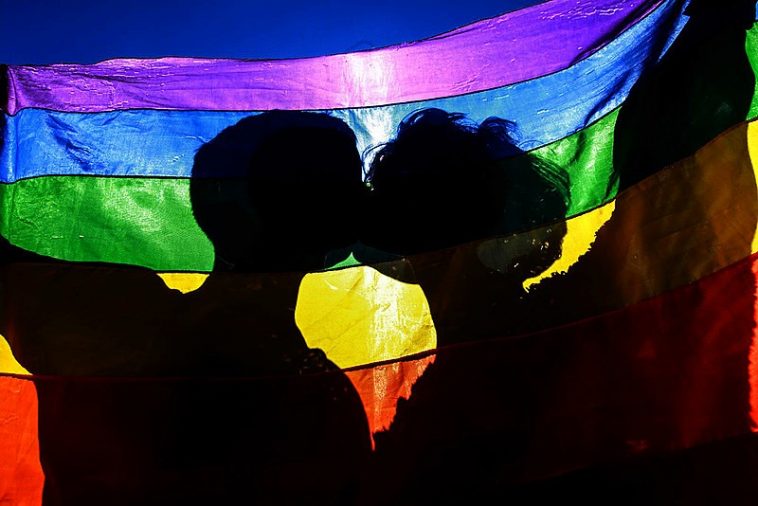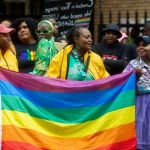In a recent study conducted by PoderData, it was discovered that a significant majority of Brazilians, around 70%, believe in the persistence of homophobia in Brazil in 2024. This alarming data sheds light on the ongoing challenges faced by the LGBTQIA+ community in the country, despite of the legislative and social advances made in recent decades.
The research, carried out in March 2024, involved thousands of participants from different regions of Brazil, reflecting a broad demographic and socioeconomic spectrum. The results indicate not only a growing awareness of issues of sexual and gender diversity, but also the urgent need for concrete actions to combat discrimination and promote effective inclusion.
The study points out that, while a part of the Brazilian population shows support for LGBTQIA+ rights, there is still a significant portion that maintains conservative views, fueling homophobia in various sectors of society, including workplaces, schools and public spaces. This reality highlights the importance of continued engagement in education and awareness raising as key tools for change.
Experts suggest that the solution to combat homophobia involves a combination of inclusive public policies, education for diversity from an early age in schools and greater LGBTQIA+ representation in the media and spaces of power. Furthermore, affirmative action and awareness campaigns are essential to promote acceptance and mutual respect.
The recognition of the existence of homophobia by a large part of the Brazilian population, as revealed by PoderData's research, is an important step towards building a more just and egalitarian society. However, the data also serves as a reminder that there is still a long way to go in the fight against discrimination and ensuring equal rights for everyone, regardless of sexual orientation or gender identity.
Civil society, together with organizations and social movements, has a crucial role in mobilizing legislative changes and promoting a culture of respect and inclusion. Through collective and individual efforts, it is possible to move towards a society where homophobia is, in fact, part of the past.



